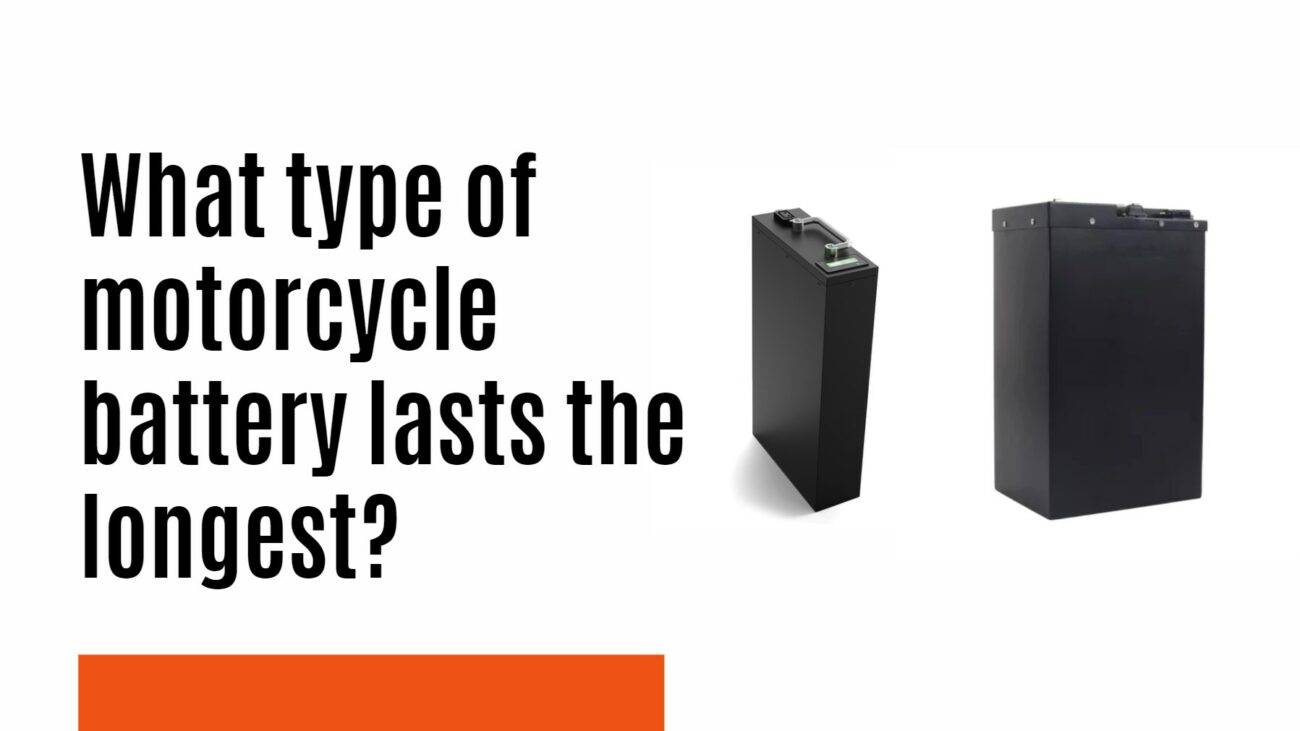- Rack-mounted Lithium Battery
- Golf Cart Lithium Battery
-
Golf Cart Lithium Battery
- 36V 50Ah (for Golf Carts)
- 36V 80Ah (for Golf Carts)
- 36V 100Ah (for Golf Carts)
- 48V 50Ah (for Golf Carts)
- 48V 100Ah (Discharge 100A for Golf Carts)
- 48V 100Ah (Discharge 150A for Golf Carts)
- 48V 100Ah (Discharge 200A for Golf Carts)
- 48V 120Ah (for Golf Carts)
- 48V 150Ah (for Golf Carts)
- 48V 160Ah (Discharge 100A for Golf Carts)
- 48V 160Ah (Discharge 160A for Golf Carts)
-
Golf Cart Lithium Battery
- Forklift Lithium Battery
- 12V Lithium Battery
- 24V Lithium Battery
- 36V Lithium Battery
- 48V Lithium Battery
-
48V LiFePO4 Battery
- 48V 50Ah
- 48V 50Ah (for Golf Carts)
- 48V 60Ah (8D)
- 48V 100Ah (8D)
- 48V 100Ah
- 48V 100Ah (Discharge 100A for Golf Carts)
- 48V 100Ah (Discharge 150A for Golf Carts)
- 48V 100Ah (Discharge 200A for Golf Carts)
- 48V 150Ah (for Golf Carts)
- 48V 160Ah (Discharge 100A for Golf Carts)
- 48V 160Ah (Discharge 160A for Golf Carts)
-
48V LiFePO4 Battery
- 60V Lithium Battery
-
60V LiFePO4 Battery
- 60V 20Ah
- 60V 30Ah
- 60V 50Ah
- 60V 50Ah (Small Size / Side Terminal)
- 60V 100Ah (for Electric Motocycle, Electric Scooter, LSV, AGV)
- 60V 100Ah (for Forklift, AGV, Electric Scooter, Sweeper)
- 60V 150Ah (E-Motocycle / E-Scooter / E-Tricycle / Tour LSV)
- 60V 200Ah (for Forklift, AGV, Electric Scooter, Sweeper)
-
60V LiFePO4 Battery
- 72V~96V Lithium Battery
- E-Bike Battery
- All-in-One Home-ESS
- Wall-mount Battery ESS
-
Home-ESS Lithium Battery PowerWall
- 24V 100Ah 2.4kWh PW24100-S PowerWall
- 48V 50Ah 2.4kWh PW4850-S PowerWall
- 48V 50Ah 2.56kWh PW5150-S PowerWall
- 48V 100Ah 5.12kWh PW51100-F PowerWall (IP65)
- 48V 100Ah 5.12kWh PW51100-S PowerWall
- 48V 100Ah 5.12kWh PW51100-H PowerWall
- 48V 200Ah 10kWh PW51200-H PowerWall
- 48V 300Ah 15kWh PW51300-H PowerWall
PowerWall 51.2V 100Ah LiFePO4 Lithium Battery
Highly popular in Asia and Eastern Europe.
CE Certification | Home-ESS -
Home-ESS Lithium Battery PowerWall
- Portable Power Stations
How to Choose the Best Motorcycle Battery

Choosing the best motorcycle battery is crucial for ensuring reliable performance and longevity. Factors such as battery type, brand reputation, and specific vehicle requirements play significant roles in this decision. Popular brands like Yuasa, Shorai, and Odyssey are known for their quality and reliability, making them top choices among riders.
What Are the Different Types of Motorcycle Batteries?
There are several types of motorcycle batteries, each with unique characteristics:
| Battery Type | Description |
|---|---|
| Lead-Acid | Traditional batteries that are cost-effective but heavier and require maintenance. |
| AGM (Absorbed Glass Mat) | Sealed lead-acid batteries that are maintenance-free and resistant to vibration. |
| Lithium-Ion | Lightweight and compact batteries that offer high performance but come at a higher price point. |
Understanding these types helps in selecting the most suitable battery for your motorcycle.
How Do You Determine the Right Battery Type for Your Motorcycle?
To determine the right battery type for your motorcycle:
- Check Manufacturer Specifications: Refer to your owner’s manual for recommended battery types.
- Consider Usage: If you frequently ride in extreme conditions, opt for AGM or lithium batteries for better performance.
- Evaluate Weight Considerations: For racing or performance bikes, lightweight lithium batteries may be preferable.
Following these guidelines ensures you select a battery that meets your needs.

FAQs
The Importance of a Quality Motorcycle Battery
Are lithium batteries worth the extra cost?
Which type offers better performance: lithium or lead acid?
What is the difference between lithium and lead acid batteries?
What are the options for replacing a motorcycle battery?
When it comes to replacing your motorcycle battery, there are several options available. You can choose between lithium and lead acid batteries based on your budget and performance needs. Whichever type you opt for, make sure to select a high-quality battery from a reputable manufacturer.
Remember that investing in a quality motorcycle battery is crucial for the smooth functioning of your bike. So, do your research, compare different options, and select the one that best suits your requirements. A reliable battery will ensure that your rides are uninterrupted and enjoyable while also providing long-lasting performance.
Choose wisely and hit the road with confidence knowing that you have the best motorcycle battery powering your two-wheeled adventure!















